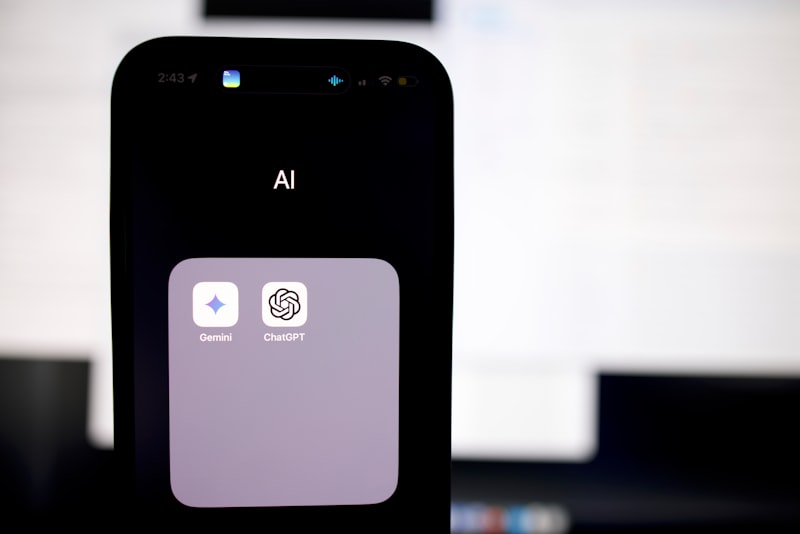Is ChatGPT a Dangerous Element for the Future?
Contents
Chatbots have become increasingly popular in recent years as companies seek to enhance customer engagement and reduce costs. One such chatbot is ChatGPT, which uses artificial intelligence (AI) to simulate human-like conversations. However, there are growing concerns about the potential dangers of ChatGPT in the future. In this article, we will explore these concerns and examine whether ChatGPT is a dangerous element for the future.
Chatbots is Dangerous Element ?
As chatbots become more prevalent in our daily lives, it’s important to consider their implications for the future. ChatGPT, an AI-powered chatbot developed by OpenAI, has been praised for its ability to understand natural language and engage in human-like conversations. However, as with any emerging technology, there are concerns about its potential dangers.
What is ChatGPT?
ChatGPT is an AI-powered chatbot that uses machine learning algorithms and natural language processing to simulate human-like conversations. It was developed by OpenAI, a research organization dedicated to advancing AI in a safe and beneficial way.
How Does ChatGPT Work?
ChatGPT works by analyzing vast amounts of text data to generate responses to user input. It can converse on a wide range of topics, from small talk to complex discussions, and can even generate original content such as news articles or poetry.
The Advantages of ChatGPT
ChatGPT offers several advantages over traditional chatbots, including its ability to understand natural language and generate human-like responses. This makes it ideal for customer service applications, where it can provide personalized and efficient support.
The Disadvantages of ChatGPT
Despite its many advantages, there are also several disadvantages to using ChatGPT. One major concern is its potential to spread misinformation or propaganda, particularly in the context of social media. There are also concerns about its ability to accurately understand and respond to user input, particularly in situations that require empathy or emotional intelligence.
Ethical Concerns Regarding ChatGPT
There are several ethical concerns regarding the use of ChatGPT. For example, there are concerns about its potential to replace human jobs, particularly in industries such as customer service or journalism. There are also concerns about its impact on privacy and data security, particularly given its ability to analyze large amounts of personal data.
The Future of ChatGPT
As with any emerging technology, the future of ChatGPT is uncertain. While it offers many benefits, there are also potential risks that must be addressed. It’s important for developers and users alike to consider these risks and work together to ensure that the technology is used in a safe and beneficial way.
ChatGPT İs Danger?
In conclusion, ChatGPT is an impressive technology with many potential benefits. However, there are also concerns about its potential dangers, particularly in the context of misinformation and privacy. As we continue to develop and refine this technology, it’s important to consider these risks and work together to ensure that ChatGPT is used in a safe and ethical way.
FAQs
Q: Is ChatGPT dangerous?
A: While there are concerns about the potential dangers of ChatGPT, it is not inherently dangerous. Like any technology, it can be used for both good and bad purposes.
Q: Can ChatGPT replace human jobs?
A: There are concerns about ChatGPT’s potential to replace human jobs, particularly in industries such as customer service or journalism. However, it is unlikely to completely replace human workers and may instead be used to augment existing jobs.
Q: Is ChatGPT ethical?
A: There are several ethical concerns regarding the use of ChatGPT, particularly in the context of privacy and data security. However, these concerns can be addressed through responsible development and use of the technology.
Q: Will ChatGPT continue to evolve?
A: Yes, as with any emerging technology, ChatGPT will continue to evolve and improve over time.
Q: How can we ensure that ChatGPT is used in a safe and ethical way?
A: Ensuring that ChatGPT is used in a safe and ethical way requires collaboration between developers, users, and regulators. It’s important to consider the potential risks and benefits of the technology and work together to address any concerns that arise.





